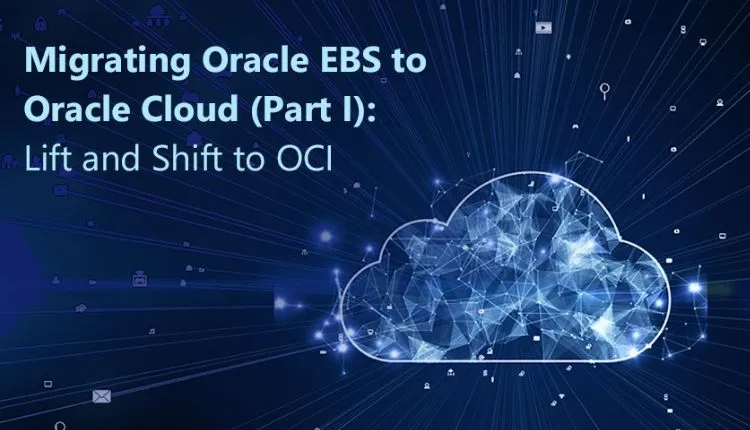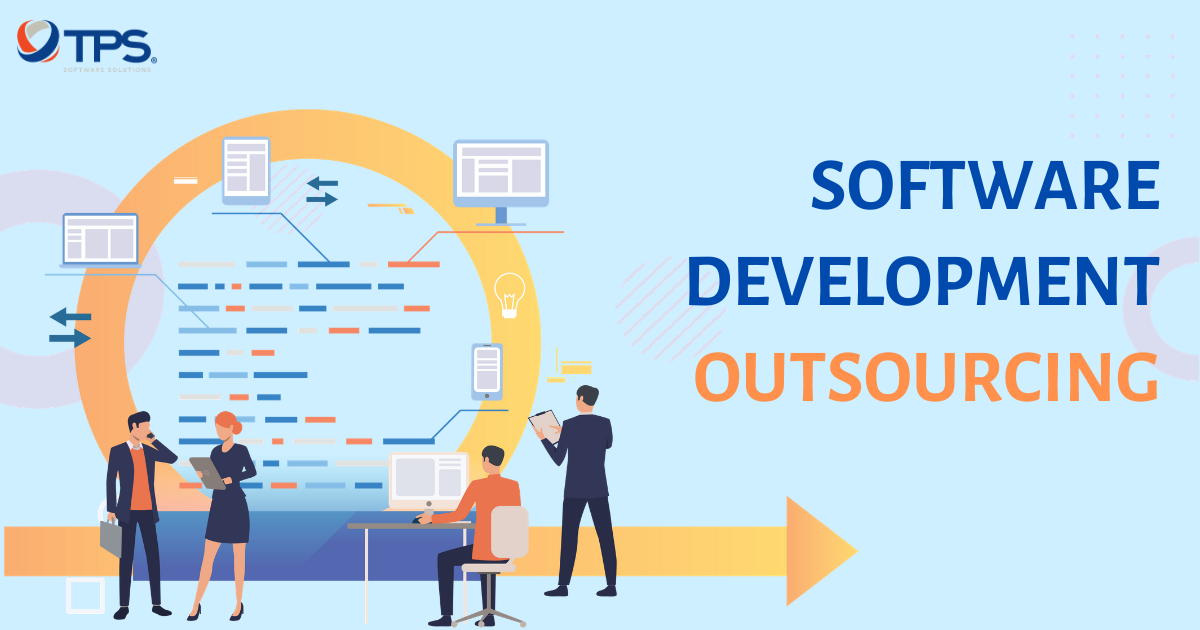
Oracle EBS Vs. Oracle Cloud: All You Need To Know
Oracle has ended premier support for EBS 12.1 and below versions. It means that despite having licenses, you no longer will receive critical patch updates, security alerts, and data fixes. In other words, you will no longer be compliant. As an existing Oracle EBS customer, you must be pondering what to do next. Well, in that case, this blog is for you.
Existing Oracle EBS customers have the option to either upgrade to 12.2 or migrate to Oracle Cloud. However, both these options are quite different from each other. Let’s discuss these one by one.
Oracle EBS 12.2: It is an on-premise suite of business management applications comprising Customer Relationship Management (CRM), Human Capital Management (HCM), Enterprise Resource Planning (ERP) and Supply Chain Management (SCM). Oracle EBS 12.2 is the last disruptive upgrade and Oracle will keep on providing premier support for this version till 2033.
Oracle Cloud: Available as Software-as-a-Service (SaaS), Oracle Cloud applications help enterprises to scale and grow as per their changing business needs. As these applications are available as SaaS, you don’t need to invest in hardware and maintenance of apps. Oracle hosts and maintains the infrastructure. You just need to access these applications using interconnectivity and browsers.
Oracle EBS Vs Oracle Cloud: A Comparison
| Parameters | Oracle EBS | Oracle Cloud |
| Total Cost of Ownership (TCO) | You can use your existing hardware and servers of EBS 12.1. However, upgrading to EBS 12.2 requires some effort. But it is still less expensive than migrating to Oracle Cloud. However, in the long-term, its TCO is higher. | Migration to Oracle Cloud is a big effort and investment due to data migration, consulting, and testing services. However, the cost will be substantial since Oracle maintains all the infrastructure. |
| Accessibility | Accessibility is limited since it is an on-premise ERP. Licenses are allocated per workstation. | Real-time accessibility as it is available as SaaS. |
| System upgrades | Critical Patch Updates (CPU) are rolled out more frequently for 12.2. | Oracle rolls out quarterly updates to add new features and functionalities. |
| System performance | Need an in-house IT team to support application availability. There is a greater risk of downtime. | Oracle has promised 99.9 percent uptime. |
| Business agility | Less business agility as compared to Oracle Cloud. | Oracle Cloud offers more flexibility, agility, and scalability. |
With the Oracle EBS vs Oracle Cloud comparison chart, you can easily understand the main differences between the two options. Now, the question arises which option is better for your business.
Why should you migrate to Oracle Cloud?
As per recently published report by HubSpot, nearly 70% of organizations opt for cloud ERP systems over on-premise systems. The reason being cloud provides better performance, better business agility, flexibility and scalability. Moreover, you don’t need to manage IT infrastructure.
Furthermore, Oracle has also announced that they will be focusing on cloud, so migrating to Oracle Cloud is a more sustainable option for innovative organizations.
Conclusion
As you’re now aware about the main differences between Oracle Cloud and EBS, you need to understand that neither upgrade nor migration is a walk in the park. Both these options require substantial efforts and robust test focus strategies to succeed. Whether you opt for EBS upgrade or want to migrate to Oracle Cloud, in both the cases, you need multiple rounds of testing. Doing this manually will be risky and costly. So, you need to bring in test automation. Incorporating Oracle Cloud testing tools will ease up the burden on business users and allow them to actively participate in cloud migration. In case of upgrade also, you need test automation tools.




